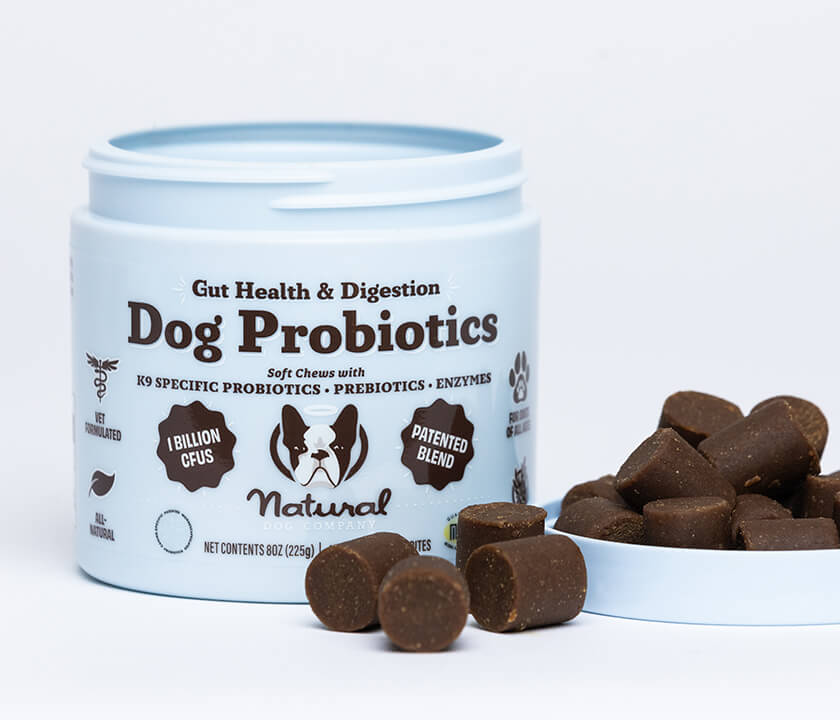Yes, mosquitoes can bite dogs. Longer fur adds protection, but areas like the nose and ears are still prime targets for mosquitoes. Keep reading for more information about symptoms, heartworm disease, and what to do if your dog can’t stop scratching.
Signs and Symptoms
Mosquito bites get itchy fast, so there’s usually lots of scratching. As you separate your pup’s fur, you’ll see irregularly shaped whelps. Swelling and a slight warmth to the touch are both typical symptoms as well.
Compared to other types of bites, which are dark red and usually don’t swell much, mosquito bites tend to make larger whelps. Even if your dog is only mildly allergic to mosquitoes, bites might rise like small mounds on top of the skin.
Read our bug bite guide to learn more about other types of insect bites.
What if my dog keeps scratching?
Mosquito bites are super itchy. Scratching them is a perfectly normal reaction. What isn’t normal is when your dog can’t seem to stop. If your pet happens to have a more acute allergy, mosquito bites can be much harder to manage. Severe bite reactions can also induce atopic dermatitis.
If your pup frantically chews and scratches for days, call your vet and explain the situation. Often, vets prescribe a pet-safe hydrocortisone cream. (It works well for both mild allergic reactions and atopic dermatitis.)
Don’t ever use OTC hydrocortisone creams without asking your vet first. The cream in your cabinet likely has chemicals that are poisonous if ingested by your dog.
Can I give my dog Benadryl for mosquito bites?
Along with hydrocortisone, Benadryl is a common allergy medication. But you shouldn’t give it to your dog without asking your vet. Even if your pup has allergies, he or she may have other conditions that don’t pair well with Benadryl. Plus, Benadryl isn’t an effective treatment for dermatitis, which is usually the culprit in more acute reactions.
Preventing Mosquito Bites
Bug spray is a simple and effective option to keep the bloodsuckers off your canine friend because it works wherever you go. But don’t just grab the first bottle you find in the cabinet. Never spray your dog with OFF!, Cutter, or any other bug spray without checking for DEET.
DEET can be dangerous to dogs at high levels, especially when they lick it off their bodies. But even if your bug spray doesn’t contain DEET, it’s always best to use a dog-safe bug spray instead.
Here are a few simple, all-natural tips for dealing with mosquitoes in your yard:
- Adjust your walks: If at all possible, try to avoid walking your dog around dusk when mosquitoes are most active.
- Get rid of standing water: From birdbaths to small puddles, any amount of standing water can produce hundreds of mosquitos.
- Check your porch: If you have a screened-in porch, double-check that you don’t have any holes.
- Mosquito-repelling plants: Boost your yard with mosquito-repelling plants like lemongrass and citronella. Here’s a great list of the 12 best plants for the job.
Protecting Your Dog From Heartworm Disease
Dirofilaria immitis (heartworm) is a parasitic roundworm transmitted to cats and dogs through infected mosquitoes. The good news is that even despite a rise of incidents, dogs on preventative heartworm medication are entirely safe.
The one exception is if your dog is infected about a month before starting medication. After about 50 days, heartworms reach their adult stage, and preventative medicine no longer works. That’s why the American Heartworm Society recommends getting a heartworm check at least once a year.
Mosquitoes can carry a variety of diseases
Mosquitoes can transmit a bunch of different diseases. The good news is that most don’t affect dogs, and others are incredibly rare. Heartworm disease is the biggest concern, and it’s easily preventable with medication.
Common mosquito-transmitted diseases:
- Heartworm
- West Nile Virus
- Eastern Equine Encephalitis
- Systemic Lupus Erythematosus
- St. Louis Encephalitis
- Jamestown Canyon Virus
- La Crosse Encephalitis
- Dengue fever
Read our bug bite guide to learn more about other types of insect bites.












